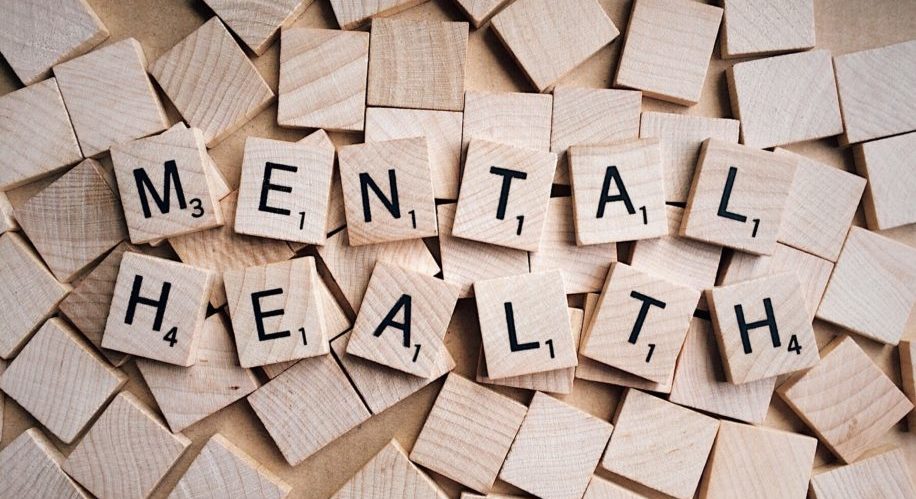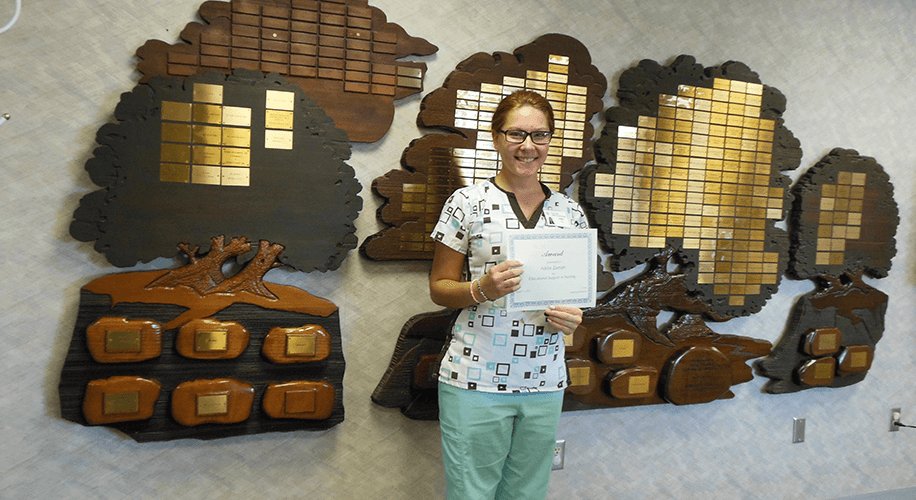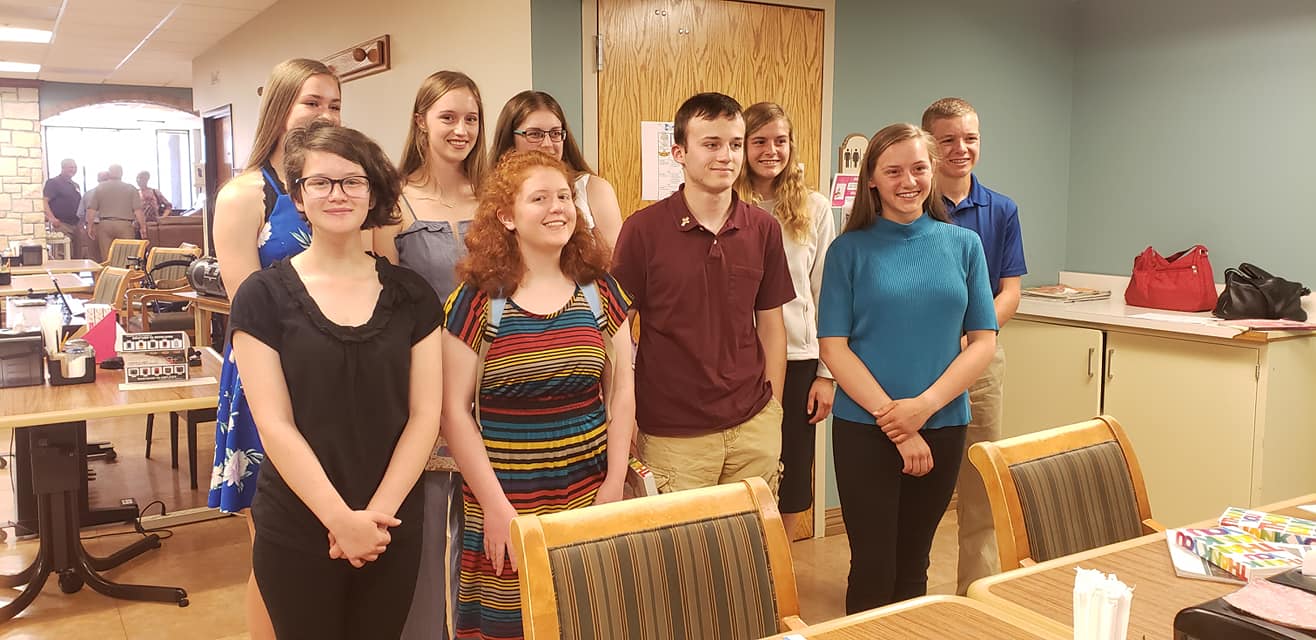Date: November 5th and 7th 10:00 – 3:30pm
CEU’s are available.
Mental Health First Aid has a strong evidence base. Four detailed studies have been completed and nearly a dozen journal articles published on Mental Health First Aid impact on the public. One trial of 301 randomized participants found that those who trained in Mental Health First Aid have greater confidence in providing help to others, greater likelihood of advising people to seek professional help, improved concordance with health professionals about treatments, and decreased stigmatizing attitudes. The study also found that Mental Health First Aid improved the mental health of the participants themselves. Findings from the other studies have echoed these outcomes.
To date, Mental Health First Aid has been replicated in countries, including: England, Scotland, Finland, Canada, Cambodia, Hong Kong, Ireland, Wales and Singapore. In the US, we truly value the supporting evidence and strive to achieve fidelity to the original Mental Health First Aid program developed in Australia. In the next decade, we expect Mental Health First Aid in the US will become as common as CPR and First Aid. It has the potential to reduce stigma, improve mental health literacy, and empower individuals – the benefits are limitless!
About the Program: What You Learn
The Mental Health First Aid program is an interactive session which runs 8 hours. It can be conducted as one long seminar, two four-hour events spaced over a short period of time, or in as small as four two-hour sessions. Mental Health First Aid certification must be renewed every three years, and introduces participants to risk factors and warning signs of mental health problems, builds understanding of their impact and overviews common treatments.
Specifically, participants learn:
• The potential risk factors and warning signs for a range of mental health problems, including: depression, anxiety/trauma, psychosis, eating disorders, Substance Abuse, disorders, and self-injury
• An understanding of the prevalence of various mental health disorders in the U.S. and the need for reduced stigma in their communities
• A 5-step action plan encompassing the skills, resources and knowledge to assess the situation, to select and implement appropriate interventions, and to help the individual in crisis connect with appropriate professional care
• The evidence-based professional, peer, social, and self-help resources available to help someone with a mental health problem.




